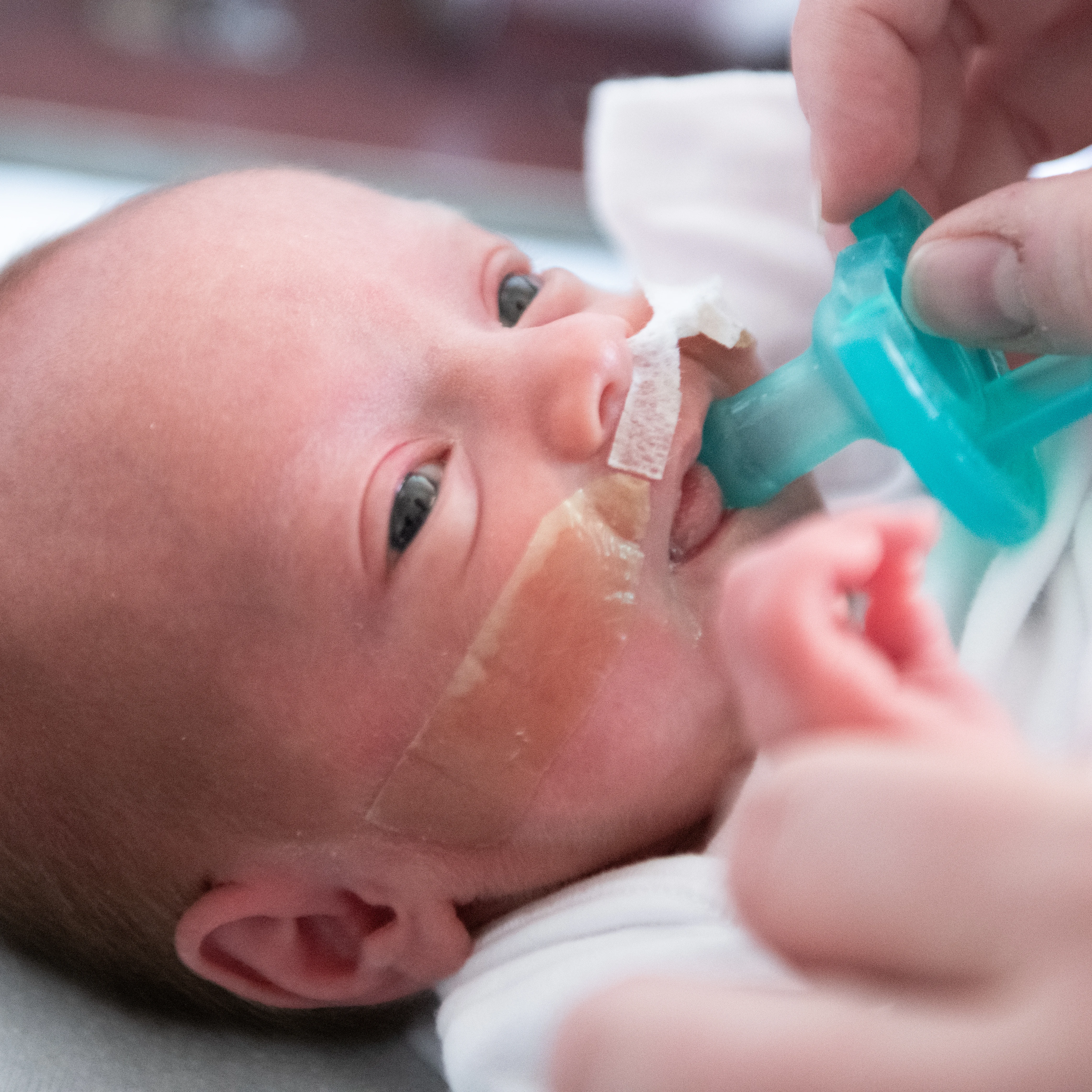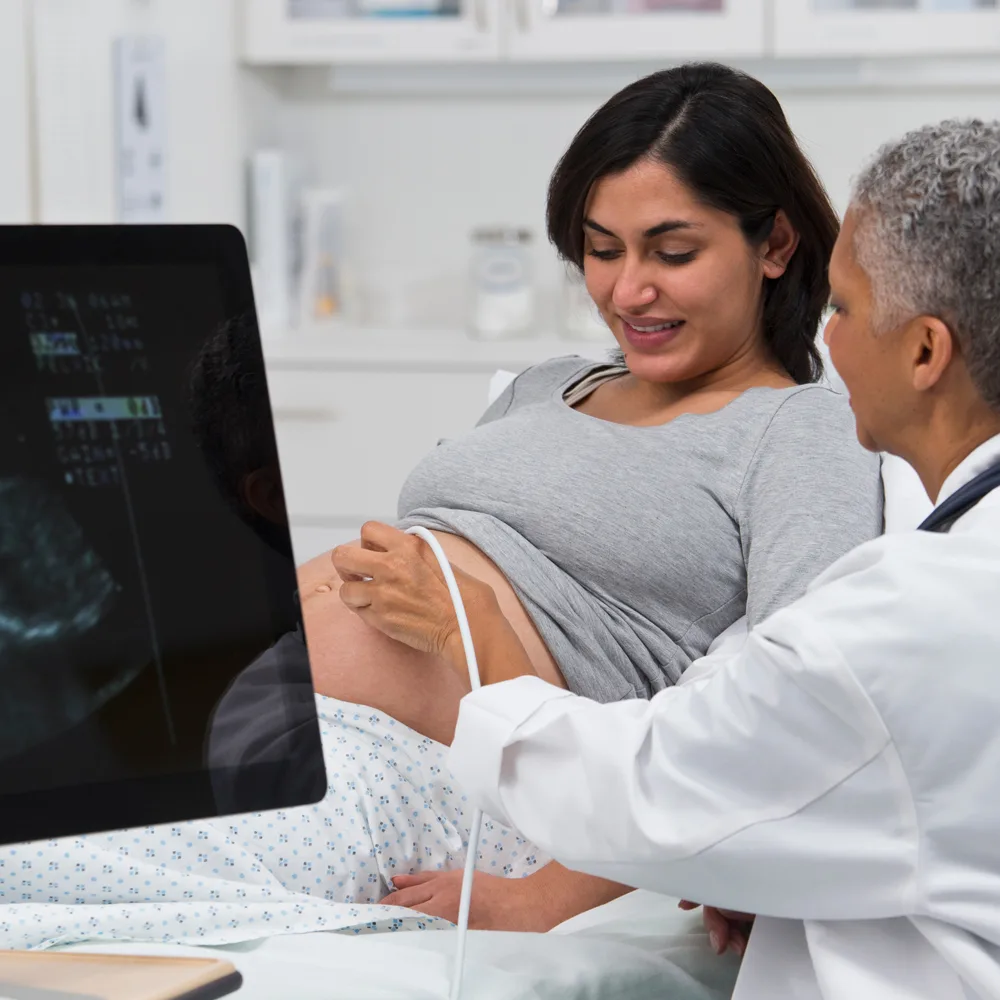What is a Congenital Diaphragmatic Hernia (CDH)?
A rare birth defect that occurs in less than 5,000 births annually, Congenital Diaphragmatic Hernias create a hole in the muscle that separates the chest from the abdomen. This hole allows the abdominal organs to grow into the chest during fetal development and interferes with normal lung formation. Upon diagnosis, the condition is classified as mild, moderate or severe, depending on the degree of lung compression. Hernias may present on the left, right or anterior side of the diaphragm.
Congenital Diaphragmatic Hernia Types
There are three different types of CDH, with the majority of them (95%) being what's known as a Bochdalek hernia. Morgagni hernias and diaphragm eventrations are rarer. Hernias are typed according to size and location. The surgeons and care team at Wolfson are equipped to treat all types of Congenital Diaphragmatic Hernia.
How does CDH change prenatal care?
Because your baby requires specialized treatment, your prenatal care will involve further evaluation. You'll transition from your obstetrician to a Perinatologist and consult with pediatric surgeons and organ specialists, coordinated by your Team Care at Wolfson's Center for Fetal Diagnosis and Therapy (CFDT). Expectant mothers usually undergo further ultrasounds and an MRI with a special computer program that measures your baby's lung-to-head ratio (LHR) and severity of lung compression. This combined effort will confirm the diagnosis and type, identify the severity of the defect, and assist in the planning for your baby's care after birth.
Where should a baby with CDH be delivered?
Due to the heightened risk of respiratory distress and other problems at birth, babies with CDH require delivery at a birth center attached to the highest-level NICU. The maternity suites at Baptist Jacksonville are adjacent to our Level 4 NICU. We're equipped with state-of-the-art equipment, teams of experts, and heart-lung bypass machines that can perform the work of the heart and lungs while these organs rest and develop.
What happens after a baby is born with CDH?
Depending on the severity of your baby's CDH, their long-term needs will vary. They will be assessed by experts on your care team, who will assess their lungs, feeding challenges, motor and neurocognitive development, and spine. The clinical team maintains contact with your pediatrician and provides long-term care.


